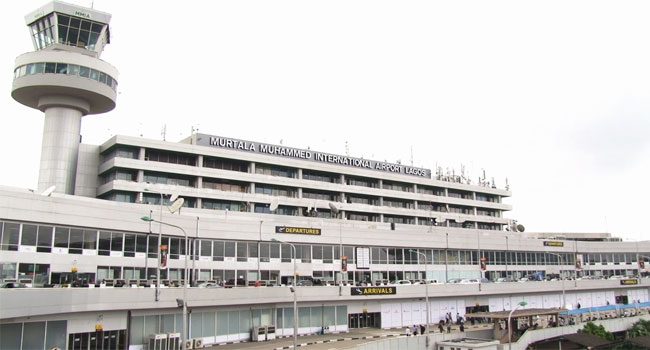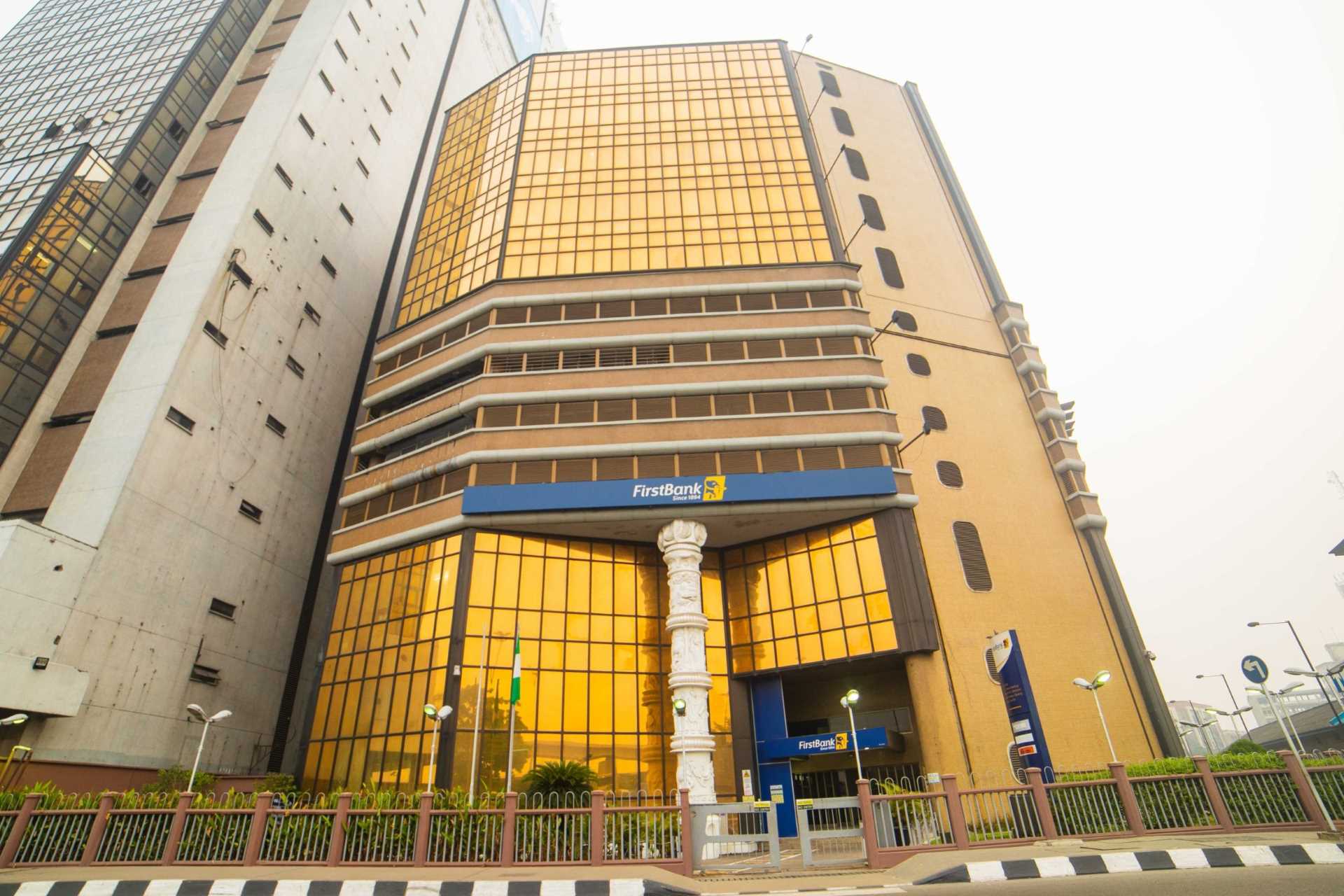Kuni Tyessi in Abuja
The Hope Alive Initiative has hailed the economic reforms of President Bola Ahmed Tinubu, describing them as the driving force behind Nigeria’s recent strong economic performance.
The group said Nigeria’s aggregate Gross Domestic Product, GDP now N100.73 trillion (up from N84.48 trillion the previous year), reflects a remarkable shift towards a more diversified and sustainable economy.
In a statement signed by its Director of Press, Ernest Omoarelojie, the group noted that data from the National Bureau of Statistics, NBS showing a year-on-year GDP growth of 4.23 per cent in the second quarter of 2025 confirms that the administration’s reforms are yielding results.
According to the group, before President Tinubu assumed office in May 2023, the economy was in dire straits, weakened by unsustainable fuel subsidies, a distorted foreign exchange regime, dwindling external reserves, and low investor confidence.
“The economy was on the brink, with poverty levels deepening and the fiscal space for growth almost completely eroded,” the group said.
It added that bold policy measures, including the removal of petrol subsidy, unification of the foreign exchange market, fiscal consolidation, and social interventions have now begun to turn the tide.
Among the notable gains highlighted were GDP growth at 4.23% in Q2 2025 compared to 3.48% in Q2 2024, as well as external reserves which are now at $42 billion, thereby boosting investor confidence and stabilising the naira.
Others are, “Inflation: six months of consistent decline, with projections for single-digit levels by 2026. Agriculture: 2.82% growth, supported by mechanisation and the National Agricultural Development Fund.
“Industry: 7.45% expansion, reflecting renewed manufacturing and mining activity; trade: manufactured exports up 173% in Q2 2025, with a 44.3% rise in trade surplus.
“Infrastructure: ongoing construction of 13 major roads, the Lagos-Calabar Coastal Highway, and the $3.02 billion Port Harcourt–Maiduguri Rail Line. Social protection: over N330 billion disbursed to 8.1 million households, and more than N80 billion in education loans to 400,000 students.”
Commending Tinubu and his economic team, the Initiative also endorsed the Poverty Exit Plan recently unveiled by Vice President Kashim Shettima, which it said offers “a clear pathway to lifting 40–50 million Nigerians out of multidimensional poverty within the next decade.”
It urged Nigerians to support the administration, avoid distractions, and remain confident in the country’s economic direction.
The post Nigeria’s Aggregate GDP Moves Towards Diversified, Sustainable Economy, Says Group appeared first on THISDAYLIVE.


